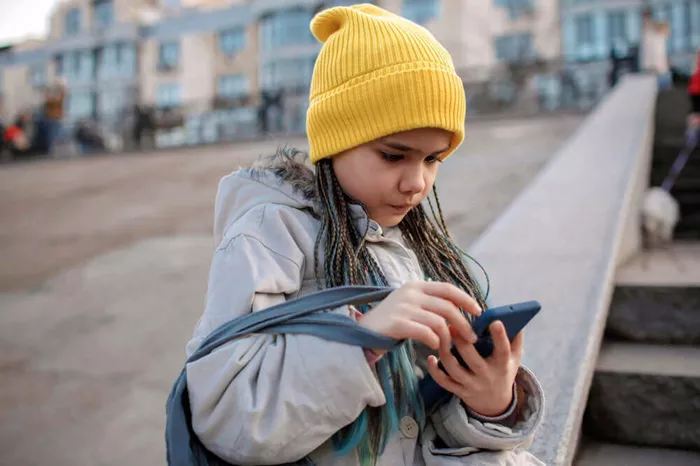A study conducted by Pompeu Fabra University (UPF) and the Universitat Oberta de Catalunya (UOC) has found that girls perceive the impact of Instagram and TikTok on their psychological well-being more negatively than boys. Researchers attribute this to girls’ more intensive social media use and the pressure they feel regarding their image, physical appearance, and need for external approval.
Social Media’s Influence on Teenagers
The research, published in the Revista De Comunicación, is the first quantitative study analyzing Spanish teenagers’ perceptions of social media’s effects on multiple aspects of their social lives. Led by Mònika Jiménez (UPF) and Mireia Montaña (UOC), the study surveyed 1,043 adolescents aged 12 to 18, with 50.5% girls and 49.5% boys. The survey examined the impact of social media across nine dimensions, including self-expression, social belonging, and communication with adults.
Among the highest-rated aspects of social media use were collective organization (3.52), sense of belonging (3.51), and self-expression (3.48). However, psychological well-being and communication with adults scored the lowest, both at 3.06. While boys rated psychological well-being at 3.13, girls rated it lower at 2.99, indicating a gender gap in how social media affects mental health.
Neutral Overall Impact but Clear Gender Differences
Overall, teenagers reported a neutral perception of social media’s impact, with negative effects being counterbalanced by positive ones. Many teens acknowledged benefits such as emotional support, connection, and spaces for discussion. Instagram users rated collective organization and group belonging the highest (3.55), while TikTok users valued self-expression the most (3.54).
However, the study also found that TikTok’s algorithm reinforces traditional gender roles. While boys are exposed to content related to sports and competitive behavior—often reinforcing dominant masculinity—girls are frequently shown fashion and beauty content, which influences their body image and self-esteem.
The Need for Critical Awareness
Jiménez highlighted the dangers of TikTok’s content recommendations, warning that they can reinforce gender biases and shape teenagers’ perceptions in problematic ways. Montaña emphasized that while girls tend to have a more critical view of social media’s effects, they also experience greater pressure related to appearance and social validation.
“The study underscores the urgency of enhancing emotional education and encouraging a more critical approach to social media use,” Montaña stated.
Although teenagers are not passive consumers, researchers stress the importance of equipping them with the tools to understand and counteract the influence of algorithms. Jiménez concluded that further research is needed to determine how well adolescents can navigate these digital environments and what resources they require to do so effectively.
Related topics:
AF Linked to Higher Dementia Risk in Younger Patients
Screen Time in Bed Linked to Increased Insomnia Risk
Higher Education Linked to Faster Cognitive Decline After Stroke

